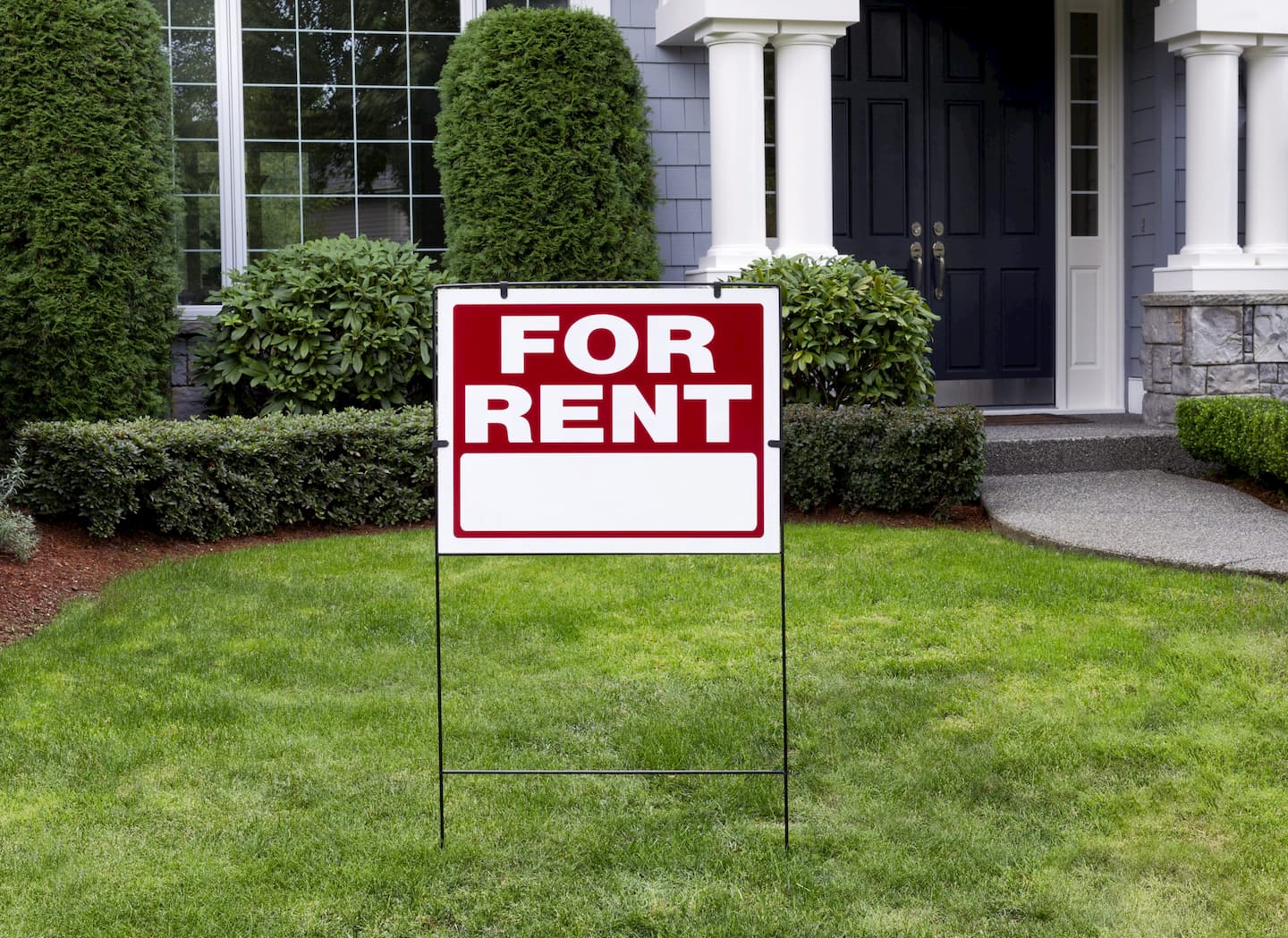Let us start with the accepted fact that there is no contract, whether employment, commercial, tenancy or otherwise, that could have properly anticipated the effects of the COVID-19 pandemic.
If we take the example of a commercial lease, many of which are for fixed terms, and subject to being renewed, there is usually no provision for termination of the lease before the end of the fixed term of that lease. There is usually also no provision that would allow the tenant to claim that the lease has been frustrated because the business had to be closed as a result of government regulations or because customers have not come out because they are under lockdown orders.
This is a common situation across the world, and Jamaica is no exception. In many cases, however, dialogue between landlords and tenants results in deferral or reduction of rent payments, or even the complete write-off of arrears for some agreed period of time. In the worst cases where tenants close down their businesses entirely, the unfortunate fact is that they may be unable to escape liability for the unpaid rent, and the landlord may have a challenge to fill the empty space with a new tenant because of the downturn in the economy.
In some countries, the governments have not stood on the sidelines while landlords and tenants grapple with the adverse effects of the pandemic. One such example is Australia, which introduced a mandatory code that pegs the amount of rental relief that a landlord must give to a tenant to the tenant’s actual loss in revenue. This requires the tenant to transparently sharing his financial information with his landlord, who must then grant relief in the form of a partial waiver and a partial deferral of payment for a period of not less than 24 months.
The United Kingdom took a different approach, but also passed legislation in an effort to balance the interests of landlords and tenants during the pandemic. The Coronavirus Act prevents a landlord from exercising a right of re-entry or forfeiture in response to a tenant’s failure to pay rent for a relevant period. At the time the act was passed, that relevant period was 3 months, with the end date being June 30, 2020. However, there is provision for that period to be reviewed.
The Canadian Emergency Commercial Rent Assistance came to the aid of small businesses by offering unsecured, forgivable loans to eligible commercial property owners to reduce the rent owed by impacted small business tenants and to meet operating expenses on commercial properties. It also mandates property owners to offer a minimum of a 75% rent reduction for the months of April, May and June 2020.
Based on checks that I made, no similar intervention has been made by the Jamaican Government to help to relieve the burden of rental commitments on small business owners or to provide relief assistance to their landlords. (This is also true for the parties to residential leases). Although Jamaica has already announced plans to reopen the borders, with the expectation that businesses may start to return to normality, the economic effects of the pandemic are expected to linger for a long time, so it may not be too late to consider what measures could be implemented in this to help them.
Sherry Ann McGregor is a partner, mediator and arbitrator in the firm of Nunes Scholefield DeLeon & Co. Please send questions and comments to lawsofeve@gmail.com.
